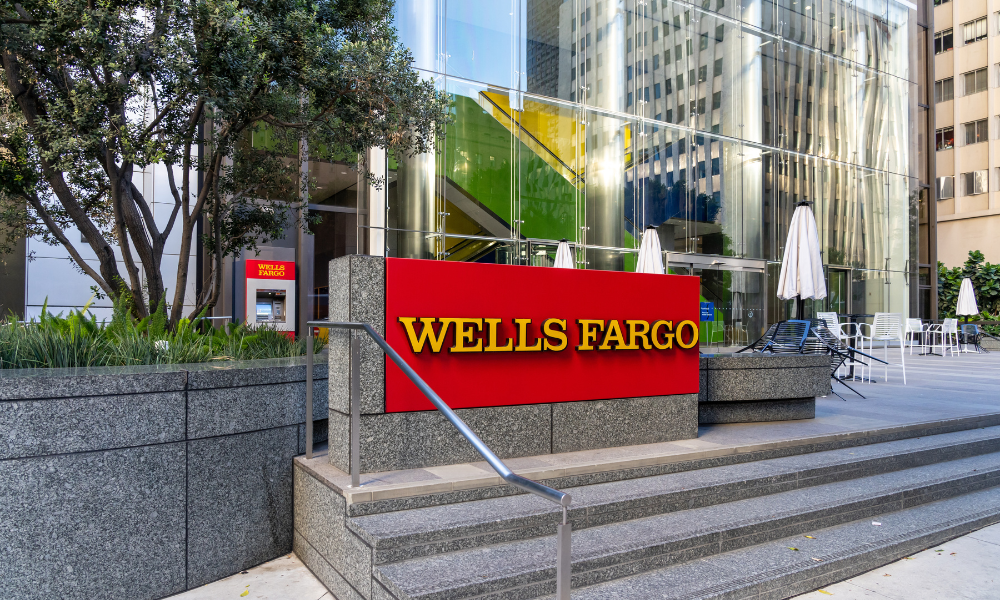Policy support and steady growth position the US as a global economic powerhouse next year

The United States is expected to lead global economy in 2025, according to Wells Fargo Investment Institute’s (WFII) newly released report.
The report predicts robust domestic expansion and broader equity market participation in the year ahead, highlighting the economy’s resilience amid international headwinds, particularly in Europe, China, and emerging markets. WFII forecast US GDP growth to reach 2.5% by year-end 2025.
Darrell Cronk, chief investment officer for Wells Fargo Wealth & Investment Management, attributed this optimistic outlook to improving economic fundamentals and favorable policy developments.
“We continue to believe that equity markets look attractive for 2025, with broader sector leadership and participation, thanks to improving fundamentals and a policy tailwind,” Cronk said in the report. “The incoming administration and congressional leaders want a fast start, with likely policy priorities including extending tax benefits, deregulation, tariffs, and tighter border control. We expect that these policies will support our guidance.”
WFII’s report projected the S&P 500 Index to close 2025 within a range of 6,500 to 6,700, with earnings emerging as the primary driver of equity prices. The financials, communication services, industrials, and energy sectors are expected to perform strongly, with small-cap equities also expected to gain.
In addition to robust GDP growth, WFII forecast inflation to average 3.3% in 2025. Meanwhile, Federal Reserve policies will likely maintain short-term rates between 4.00% and 4.25%, while long-term Treasury yields are projected to rise to between 4.50% and 5.25%.
Investment strategies recommended by WFII include preparing for liquidity, focusing on cyclical recovery, and exploring opportunities in artificial intelligence and US-centered investments.
Read next: Tougher than 2008: How today's mortgage crisis is testing the industry
Global equities are expected to see returns primarily driven by earnings growth, while real assets like commodities could benefit from slow supply growth and rebounding demand. Fixed-income markets may experience rising long-term rates alongside economic growth. Alternative investments are likely to gain traction from increased merger and acquisition activity and lower borrowing costs.
Stay updated with the freshest mortgage news. Get exclusive interviews, breaking news, and industry events in your inbox, and always be the first to know by subscribing to our FREE daily newsletter.



